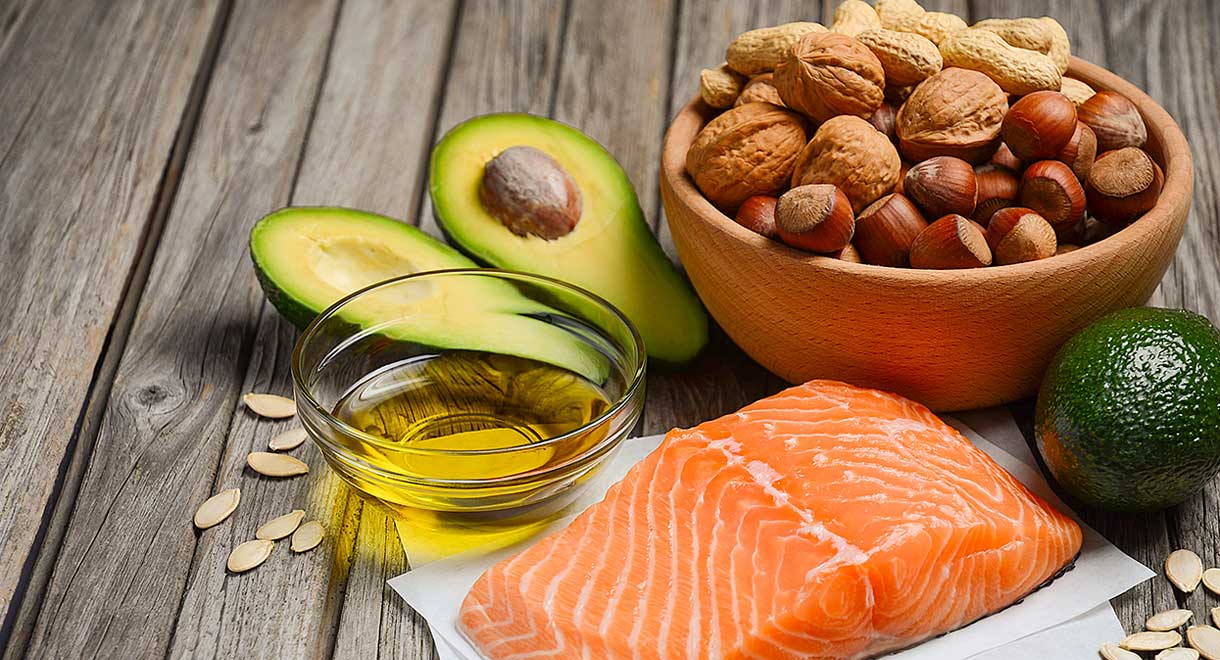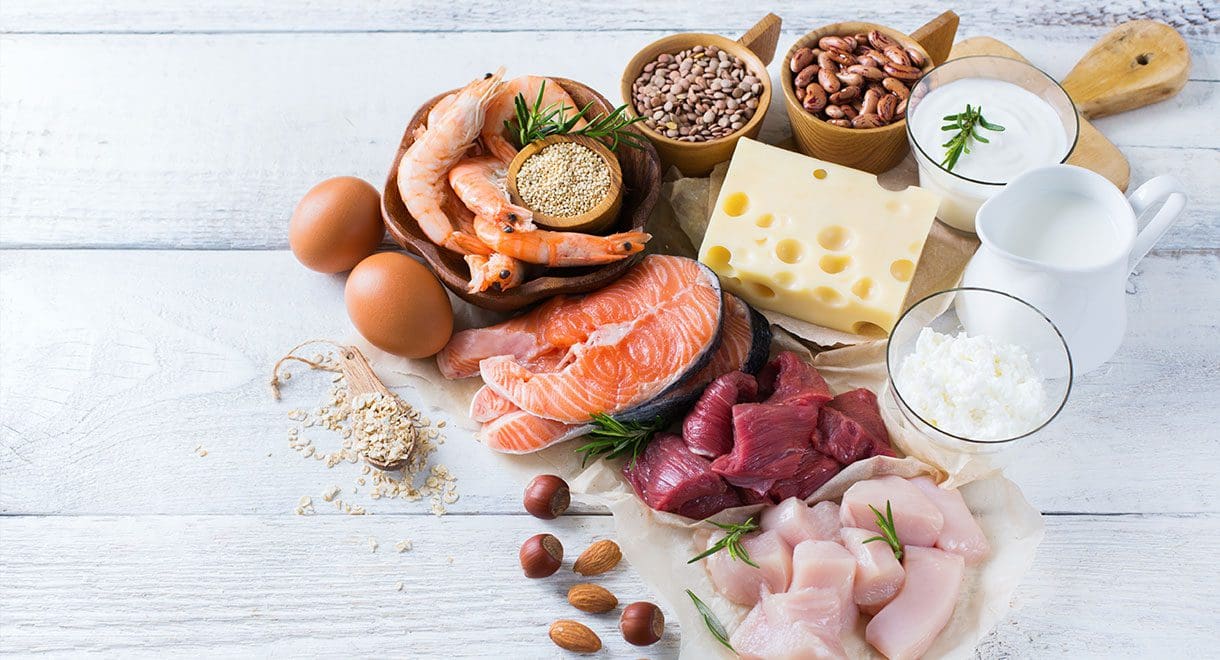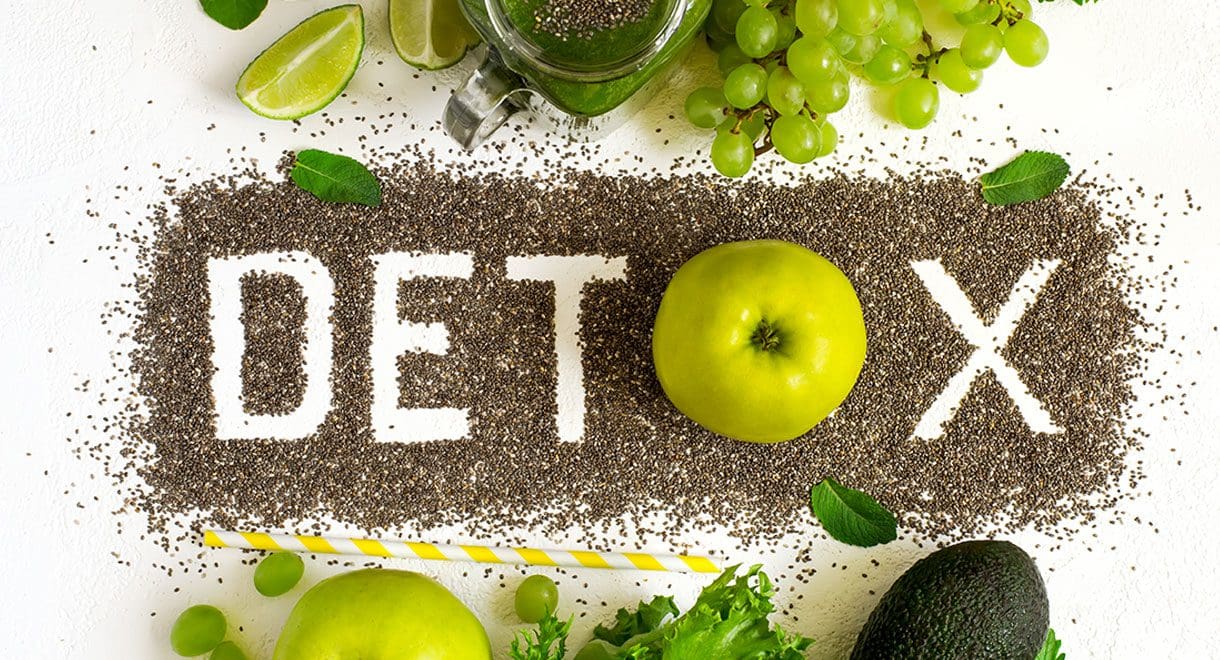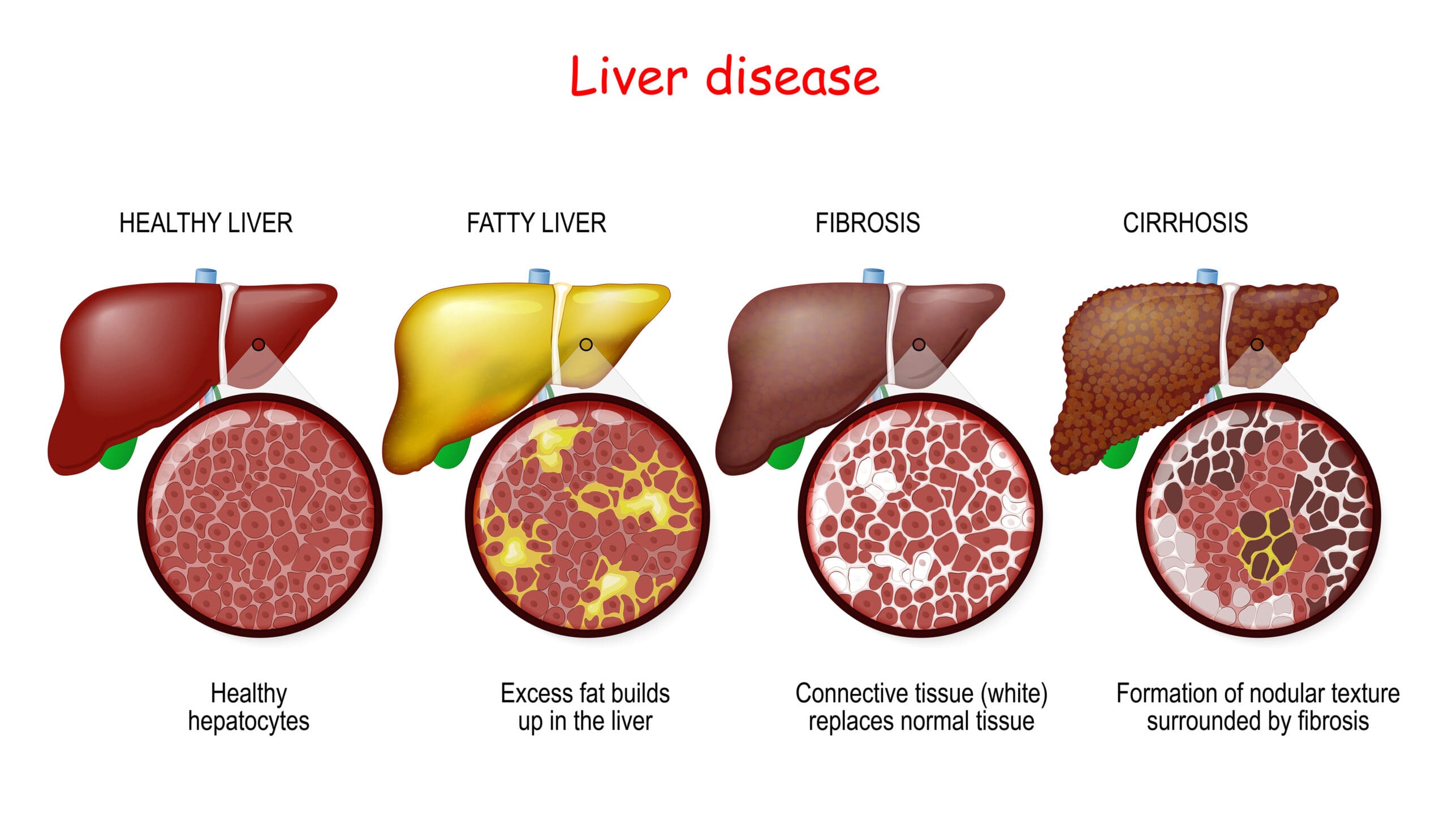Ways to manage PCOS
By Jessah Robinson, Adv Dip (Nut Med)
Polycystic ovarian syndrome (PCOS) is the most common hormonal disorder that affects women during their reproductive years. As the name suggests, women with PCOS have cysts on their ovaries. In a normal ovary, a single egg develops and is released from the ovary each month. In women with PCOS, normal ovulation is inhibited, and the eggs become trapped in the ovaries. This results in small fluid filled sacs (cysts) in the ovaries.

Possible symptoms and signs of PCOS include:
- Carrying excess weight and difficulty losing weight
- Irregular or absent period
- Trouble conceiving or infertility
- Acne
- Hirsutism (excessive hair growth)
- Hair loss or thinning hair
- Insulin resistance
- Fatigue
- Mood changes
- Low libido
- Progesterone deficiency
- PMS, painful and heavy menstrual periods
What causes it?
PCOS runs in families, so it tends to be an inherited syndrome. The exact cause of the hormone imbalance that leads to PCOS is unclear; however, it is best described as a hormonal imbalance that is set off by insulin resistance and elevated blood levels of insulin. This is because insulin tells your ovaries to make more testosterone which causes levels of testosterone to rise, causing PCOS.
Natural remedies for PCOS

1. Follow a low-carb diet
It is essential for women with PCOS to follow a low-carb diet as a low-carb diet will naturally lower insulin levels and consequently reduce the production of male hormones. A low-carb diet also supports weight loss from the abdominal area, further enabling a decline in male hormone levels. Losing weight, reducing insulin levels and consuming less carbohydrates are the most effective natural ways to stimulate regular ovulation. A low-carb diet involves eliminating or minimising sugar, bread, pasta, rice, breakfast cereals, potatoes and all foods containing grains and flour. There is an easy to follow low-carb eating plan in Dr Cabot’s book ‘I Can’t Lose Weight and I Don’t Know Why’.

2. Exercise regularly
We should all be aware that exercise is good for you, but did you know it naturally improves insulin sensitivity? This means exercise can reverse insulin resistance while also aiding weight loss. A combination of aerobic exercises (such as running, swimming and cycling) along with muscle strengthening exercises is ideal. It is recommended to get at least half an hour of exercise a day. If you are active, you may benefit from taking glutamine, an amino acid that assists new muscle growth and muscle recovery after exercise.

3. Reduce stress levels
It is essential to look at ways of managing stress, as stress can have a huge impact on the endocrine system and therefore on hormone production. Unfortunately, stress is a big driver of PCOS, especially in normal weight and slim women. Magnesium is an amazing mineral that can improve the physiological response to stress and helps to promote relaxation. There are a multitude of ways to reduce stress, and different things work for different people. You may benefit from taking walks among nature, starting yoga or meditation, doing regular breathing exercises or simply spending more quality time with loved ones.

4. Make sleep a priority
If you haven’t already, sleep needs to become a priority. People often underestimate the importance of sleep which is essential for rest and repair, hormone production, immune system function, stress reduction and even weight control. A large cross-sectional study revealed that PCOS sufferers who get less sleep are more susceptible to mental issues and insulin resistance. It is recommended to get between 7 and 9 hours of sleep. Magnesium can help to promote healthy sleep. It is helpful to withdraw from technology an hour or so before bed, and read a good book or listen to some relaxing music to help induce sleep.

5. Eat the right fats
As opposed to damaged vegetable fats which are found in margarine, most vegetable oils and processed foods. These fats can worsen insulin resistance and promote weight gain. Metabocel weight control tablets help reduce body weight and enhance body fat loss. Women with PCOS need to consume healthy fats such as those found in oily fish, avocado, extra virgin olive oil, coconut oil, macadamia oil, avocado oil, nuts and seeds. These types of fats are very satiating, making it easier to avoid sugary snacks. They are also the only nutrient not to raise insulin levels, and elevated insulin is what prompts PCOS.

6. Get on the protein wagon
There is certainly more to protein than building muscle. Protein is the most important nutrient for aiding weight loss and naturally reducing insulin levels. It is critical to have protein with every meal as it is extremely satiating and stabilises blood sugar levels; which makes it easier to stick to a healthy diet. Good protein sources include eggs, lean meat, seafood, chicken and whey protein. Synd-X protein powder is high in protein and low in carbohydrate to reduce cravings for carbohydrates and to reduce hunger. Protein powders can be very effective for weight loss and are a quick, tasty and easy meal option for breakfast or as an afternoon snack when cravings hit.

7. Minimise toxin exposure
Specifically, endocrine disruptors, as the name suggests these are chemicals that interfere with the production, release and elimination of hormones. These disruptors can actually mimic our natural hormones, causing an underproduction or overproduction of hormones. In today’s society, we encounter these more than ever before in the air we breathe, fluids we drink, soil that is used to grow food and in our household and selfcare products. While there isn’t a lot that can be done about air pollutants, you can minimise your exposure by sourcing natural/organic cleaning products and skin care products. It is also beneficial to keep your windows open for at least 2 hours a day to allow proper air flow and invest in household plants to help “clean” the air. You would also benefit from doing the 15 Day Cleanse, which supports improved immune, gut and liver function.

8. Consider natural progesterone
The majority of women with PCOS are deficient in progesterone. Many can benefit from taking natural progesterone in the form of creams, troches or capsules. Unlike synthetic progestogens, natural progesterone does not aggravate insulin resistance or cholesterol problems. Natural progesterone does not cause weight gain and may help to relieve many of the symptoms of PCOS. For more information on balancing hormones, check out Dr Cabot’s book ‘Hormone Replacement: The Real Truth’.









Leave A Comment